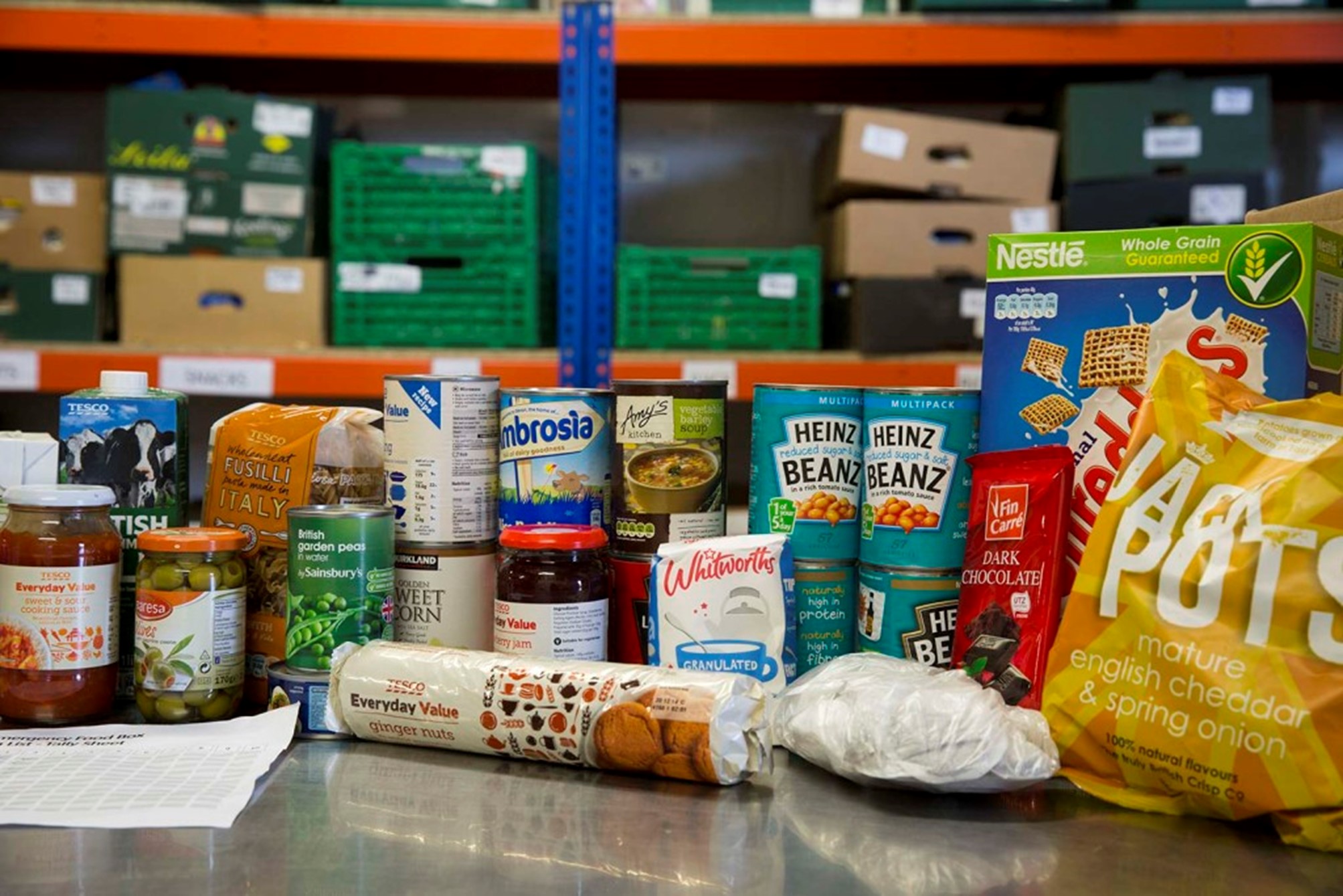The key reasons why food banks matter

Food banks have become increasingly common in our society, with numerous great projects, like this Islington food bank, doing some remarkable work throughout London with some truly amazing people behind them. These are certainly tough times.
With awareness around this issue growing by the day and with celebrities like Marcus Rashford raising awareness around child food poverty, food banks have become an integral part of many local communities. They are enabling families to eat properly and live more happy and less stressful lives, safe in the knowledge that they’ll be able to eat in the week ahead.
Food banks are a necessity all around the world, too. Most countries have a food bank in some shape or form, with food poverty in general on the rise across the globe. These are certainly sad and depressing times, but there are people shining a light on what is a dark situation and communities rising up against various influential figures to make sure their people aren’t going hungry. Much like you can get ideas about roulette online strategy and tips that work, food banks have a proven way of doing things too. People are now reaping the rewards from it also.
Moreover. food assistance plans are a great way to help those needing food. Many organizations have taken it upon themselves to provide food assistance to those in poverty, which has proved to be an effective means of fighting food poverty. Communities have been able to come together and offer a helping hand to those in need with the assistance of food banks. It is a way to help those in need of food and show solidarity and unity in the face of challenging situations.
Rightly or wrongly, food banks seem like they’re here to stay. With that in mind, here’s a look at some key reasons as to why they will remain around for a while yet and why they matter to so many people all around the world, and not just here in London.
There is a need everywhere
We touched on it above, but food banks serve a very important purpose as there is simply not enough food to feed the world’s hungry. More than one-third of food production is wasted, which is an astonishing fact. On top of this, according to the World Food Programme, around 795 million people worldwide face hunger, which works out as 1 in 9. Obviously, those figures vary depending on the country, but this is an issue in the UK and especially London too.
What you provide goes a long way
Whether it’s a loaf of bread or a tin of sweetcorn, the food you give matters. Healthy food is vitally important too as that will enable the recipients of it to eat a healthy and balanced diet, as well as to make them feel better and more healthy all-round. Donating things such as fruits, vegetables, whole grains, low-fat dairy, and lean proteins are particularly welcome and will help sustain a family for a good period of time. However, that doesn’t mean you have to donate food, financial assistance or supporting NGOs like ekplatebiryani can also work.

Food banks do the heavy stuff
Behind food, banks are a remarkable army of people who give up their time to help others in one of the most admirable ways possible. These volunteers don’t just take your food with little thought, and they’re logistics organisers making sure they get the food to the people in their network who need it the most. Vandana Singh, chief executive of the Food Security Foundation India, said: “Food banks with efficient supply chain management capabilities and a strong network of partners can supplement government programs to efficiently deliver food to the most needy and unreached.”
The goal is more than just food
The primary focus of food banks is to, first and foremost, feed people who need feeding. Still, they also provide a presence in a community and bring people together through social cohesion and a community spirit. Relationships can be formed off the back of a food bank donation, people can turn their lives around, and individuals from all walks of life come together for a common cause and to fight what is a global issue.
